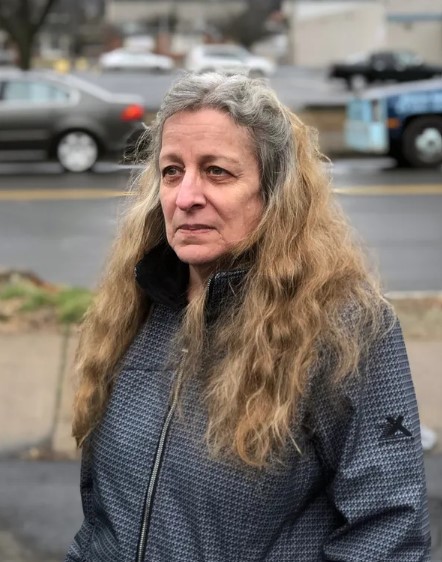
When one Navy veteran started using legal medical cannabis, she never thought it would jeopardize her housing. Mary Cease, 69, moved to Indiana County, Pennsylvania, to escape domestic violence and seek federal housing assistance.
When she arrived, Cease applied for a Section 8 housing voucher. But — after three appeals and an appearance in front of a panel of judges — she was denied it due to her use of medical cannabis.
Three Appeals, Three Denials

Medical cannabis is legal in Pennsylvania for certain health conditions. Cease, whose doctor prescribed her a medical cannabis card to treat her PTSD and back pain, admitted this on her housing application. However, officials denied her application solely for her medical cannabis use.
She appealed three times, and was denied again each time. Each court agreed that Cease’s income of $10,000 was within the eligibility requirements. Additionally, the courts agreed that Cease’s medical cannabis use was legal according to the state of Pennsylvania. So why was Cease denied housing assistance?
The answer resides higher than state cannabis laws. According to a court decision argued in February 2020, the problem lies in the federal classification of cannabis as a Schedule I controlled substance, similar to heroin and LSD.
Because cannabis is still federally illegal, public housing authorities have the right to deny federal housing assistance based on cannabis use.
Consequently, federal restrictions discriminate against medical cannabis patients like Cease.
Setting a Precedent

In a 2020 interview with the Pittsburgh Post Gazette, Cease described the rejections as “bureaucratic nonsense.”
“This case isn’t just about me,” Cease stated. “I’m setting a precedent for thousands of other people in the same situations due to bureaucratic nonsense.”
Nonsense may be a fitting word for the red tape Cease has endured just to attain federal housing assistance. With no criminal record, an abundance of perseverance, and a legally obtained medical cannabis card — Cease seems to be the model applicant.
Where There’s a Will, There’s a Way

Though Cease’s situation seems bleak, attorney Judith Cassel she is currently representing her pro bono.
In February 2020, after three appeals, Cease appeared before a panel of judges to plead her case one more time. The judges’ decision ordered the Housing Authority to establish fair standards for situations similar to Cease’s. Additionally, the Housing Authority was asked to reconsider Cease’s denial.
According to The Hawkeye, an independent news source, both Cease and Cassel are hopeful that the panel of judges will reverse their rejection. Allowing Cease to participate in federal housing assistance might help to end the rampant discrimination in housing for medical cannabis users.
“This is the start of something big,” Cassel told The Hawkeye.


Leave a Reply